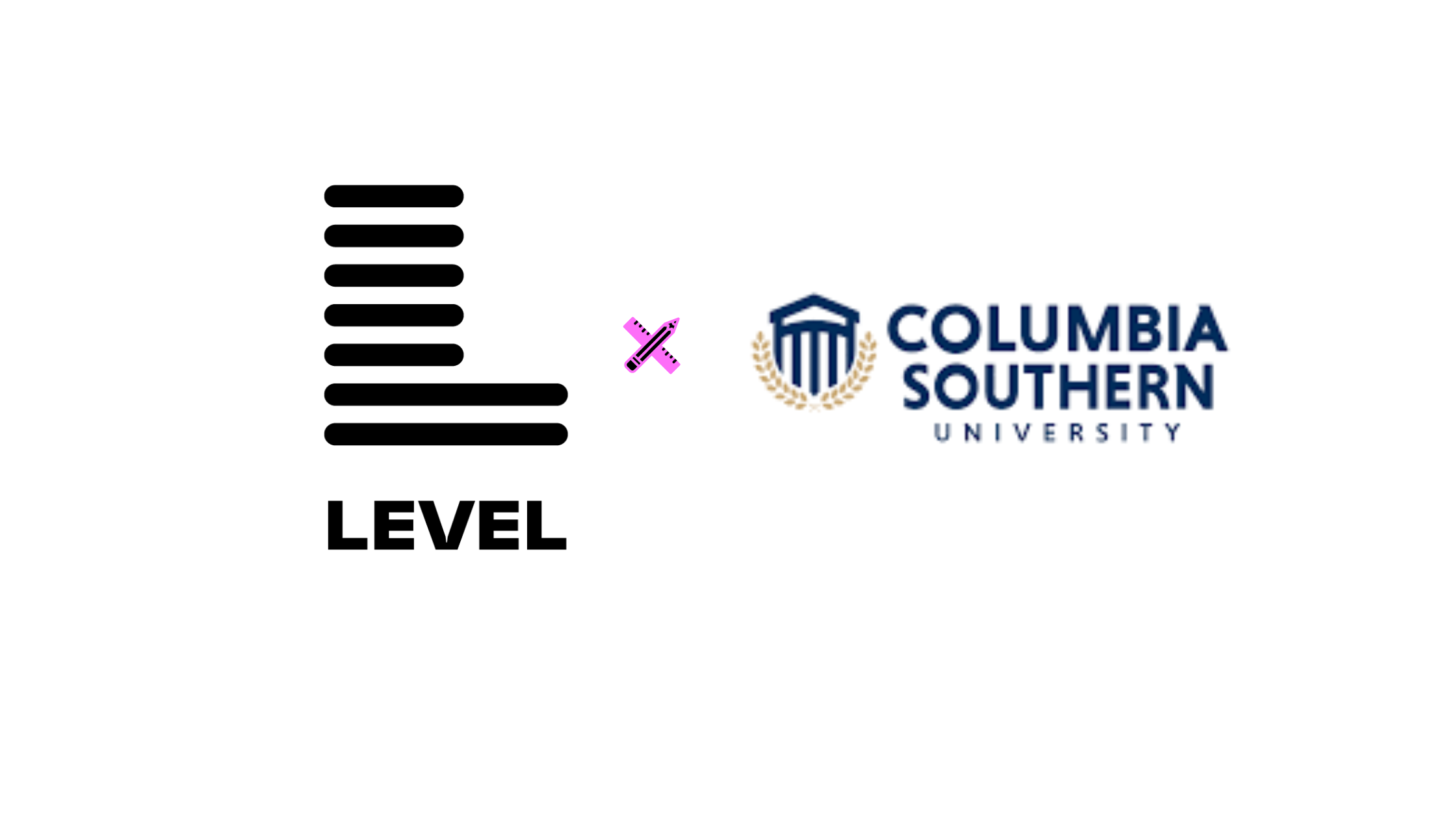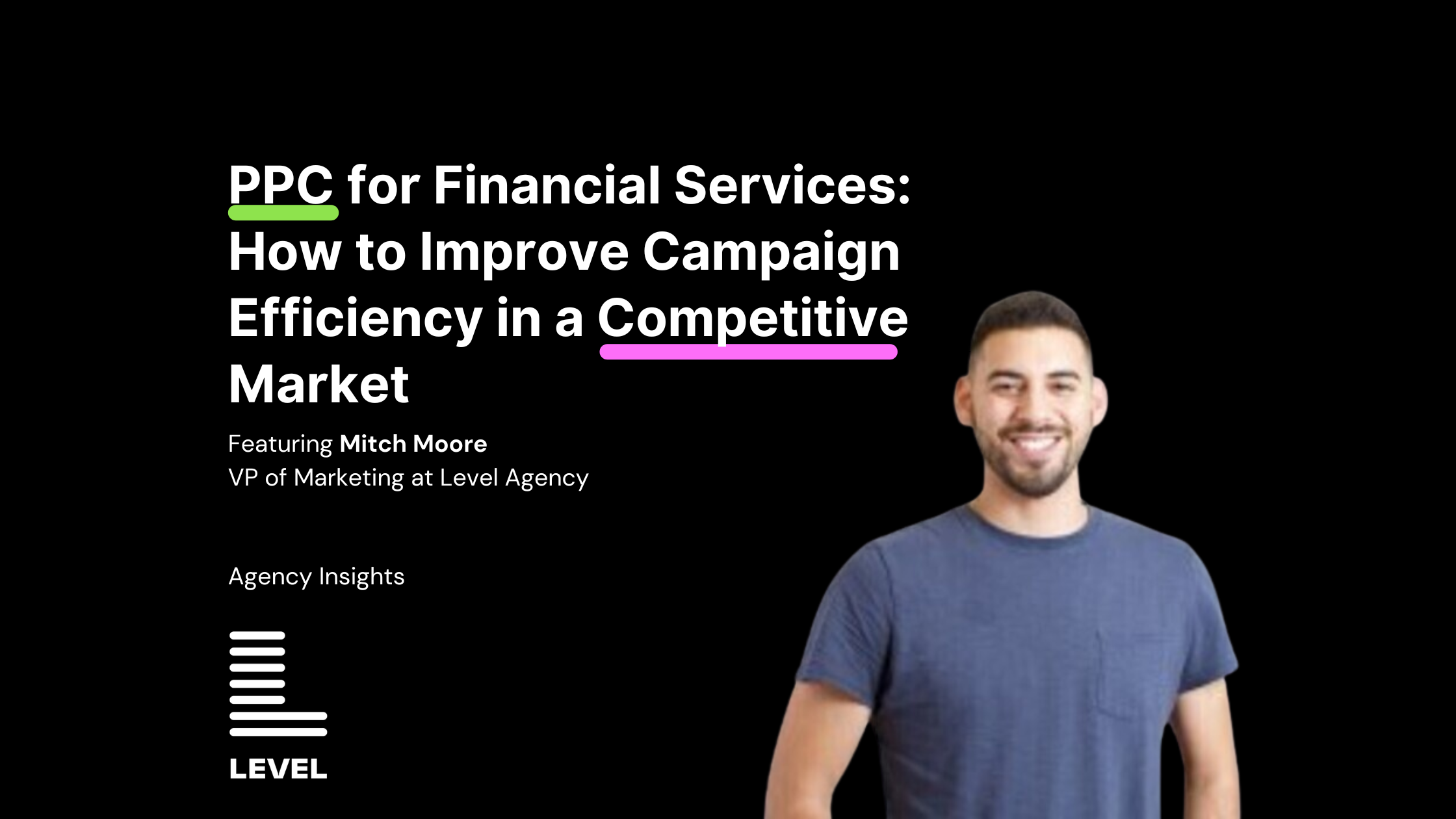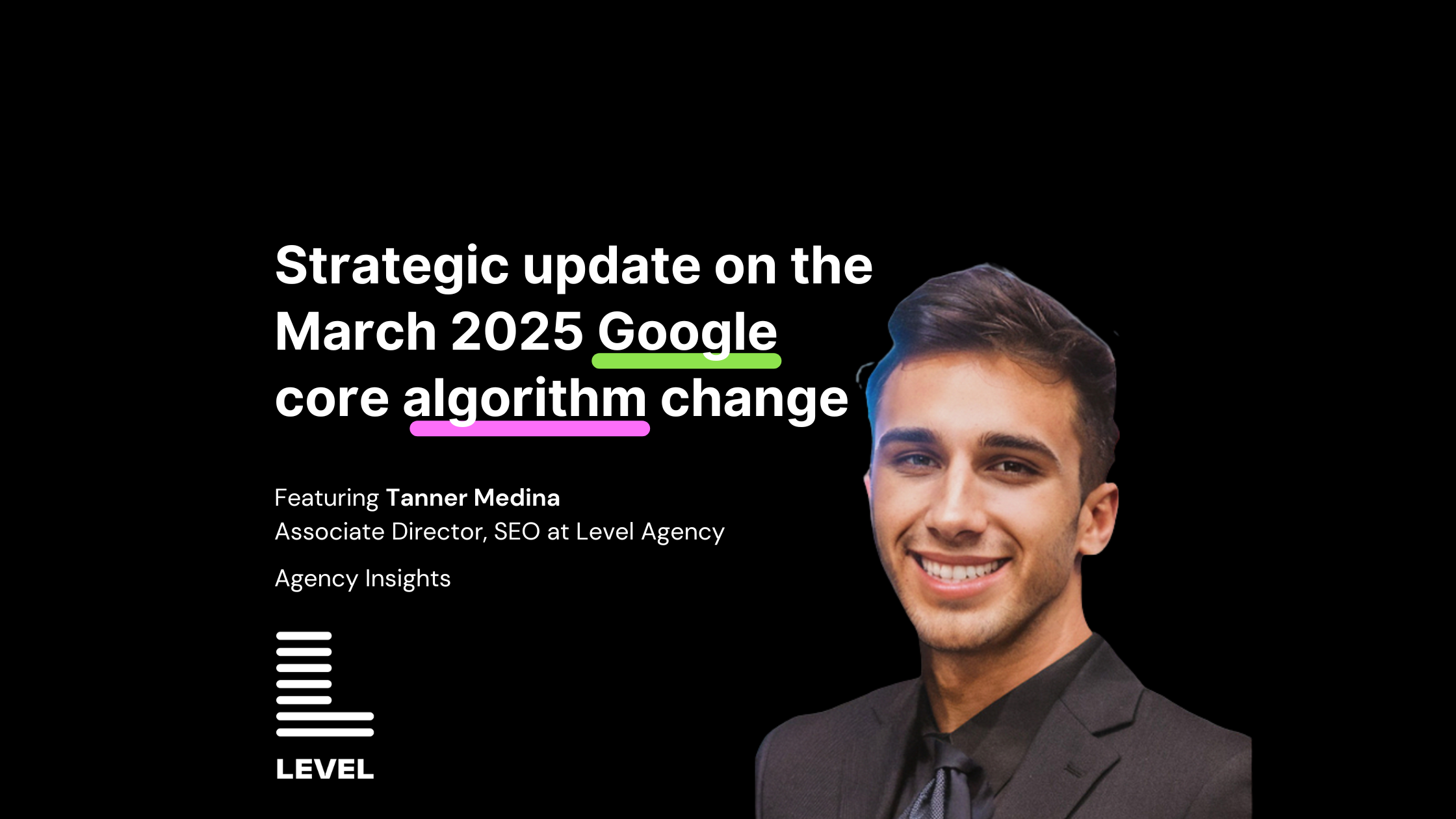It’s that time of year again. Q4 is a chance to take stock of the past year and make a plan for 2023. Strategic planning doesn’t have to be scary. With a little preparation and a few tools, you can create a plan that’s achievable, agile and accomplishes the big picture objectives for your business.
This week, you’ll learn:
- How to get started with your strategic plan
- Recommended tools that streamline and document your planning
- Why measurement and testing should always remain top priorities
How to Get Started
I start by writing a list of questions to revisit based on the campaigns we’ve run this year. How can they inform what we do next? I ask:
- What changes in the industry do I need to consider?
- What do we need to focus on first as an organization?
- What are my opportunities?
- What does our ideal customer look like? How do they research and buy online?
- What are the biggest challenges and how will we solve them?
It’s time to organize my brain dump. I love one of the tools we use at Level Agency, Miro. This virtual whiteboard space is ideal for virtual offices, and to easily visualize your thinking.
Once I’m organized, I gather the key stakeholders in one room: leadership, product, and sales. Their alignment is key to strategic planning success.
Tool Time – Strategic Planning Exercises for Business Growth
This is when good conversations begin. In the past, I’ve used an idea-generating tool called Start, Stop, Continue. Each stakeholder has five minutes to list what they want to continue to do in their marketing, what’s not working, and initiatives they want to start. To further organize ideas, I sometimes use an exercise called Affinity Clustering. Participants move topics together into groups, no matter where they were initially generated, using a tool like Miro. It helps to see how ideas connect.
From there, I consider using a framework. The Objectives and Key Results (OKR) Model works very well. I recommend picking 4-5 key objectives for the year. These are going to be the pillars of your strategic plan, forming a foundation for the year’s projects. The objectives will help you make tactical decisions throughout the year and keep your team focused. If an idea comes along but doesn’t fit your objectives, this framework can help you prioritize and determine if it’s really necessary.
The Importance of Measurement and Testing
It’s important to put the proverbial stake in the ground when it comes to your objectives. If you don’t call your shot from the beginning, you can’t determine whether you’re making progress. If you overshoot or you have to move that stake in the ground, that’s okay. This is true even if the measurement is binary: Did we get this done? Or it might be a revenue goal. Or it could be a growth goal. Whatever it is, the measurement of your goals should be discussed at every stage of your strategic planning.
Build Testing into Your Strategic Plan
Strategic planning is also a great time to consider your testing strategy. What do you want to learn as an organization? What changes do you need to make? What do we want to learn as marketers? What do your product and sales teams want to learn?
Return to Your Strategic Plan Often
Your strategic plan should be a living document that is flexible and can change quickly if need be. Return to it throughout the year as a way to measure progress against your original objectives. Do you need to re-forecast your goals? Pivot a plan? That’s okay, just be intentional.
For a little structure, try our Miro template that will help run your 2023 strategic planning kickoff session. And if you still need help building your plan, you can book a 15-minute call with me, Laura Greenawalt, the Research and Strategy SME at Level Agency.









